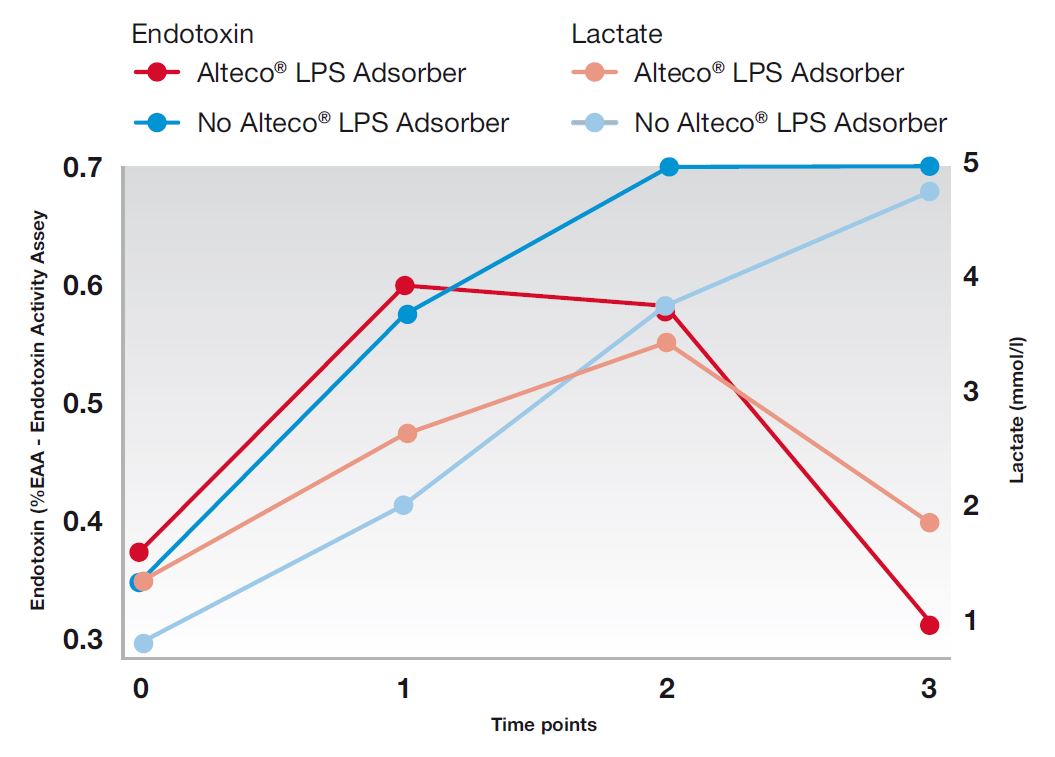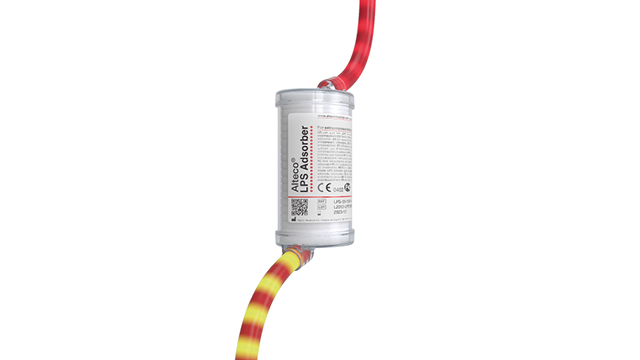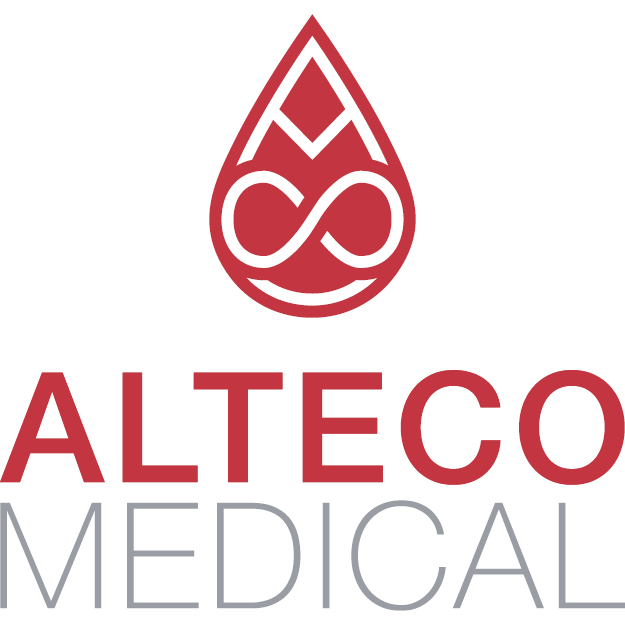
N.Tenga (1), R.S. Giordano (1), F. Iodice (1), L. Belloni(1), V. Panetta (2), F. Allegretto(3) G.Pinto (3), L.Piazza (3)
1 Department of Cardiac Anaesthesia and ICU
2. Department of clinic Microbiology
3. Department of Cardiac Surgery
Sant’Anna e San Sebastiano Hospital Caserta, Italy
Short-term outcome of patients undergoing surgery for Type A Acute Aortic Dissection complicated by mesenteric malperfusion is associated with high mortality. The ischemic damage determines endotoxin across the intestinal mucosa to the bloodstream that induces systemic inflammatory response leading to organ hypoperfusion. The aim of this retrospective observational study was to evaluate if an early treatment of endotoxin adsorption (Alteco LPS Adsorber) during CardioPulmonary Bypass (CPB) and in Intensive Care Unit (ICU) reduces blood levels of endotoxin and improves tissue perfusion within the first postoperative 72 hours.
We found that early use of Alteco LPS Adsorber during CPB is safe, without lower platelet count or bleeding. Alteco LPS Adsorber reduces the levels of endotoxin resulting in peripheral lactate levels reduction and improvement of tissue perfusion.
● In Group A, the levels of endotoxin was significantly lower than in Group B at T3: 0.31 ± 0.11 vs 0.71 ± 0.27 respectively (P<0.001).
● Serum lactate was significantly lower at T3 in the group treated than the untreated: 1.88 ± 1.56 mmol/L vs 4.76 ± 2.82 mmol/L respectively (P<0.05).
● The dosage of norepinephrine was lower than the control group although not statistically significant (p=0.08).
● PCR was significantly reduced in Group A 6.20 ± 4.38 (p<0.05).
● WBC were lower at T3 in Group A 8.7 ± 2.98 vs 12.07 ± 2.06 than in Group B (p<0.001) as well as neutrophils 79.67 ± 7.89 % in treated than 88.27 ± 4.56 in the untreated group (p<0.05).
● There were no statistically significant differences between the two groups in procalcitonin and platelets (195.33 ± 43.84 at T3 in treated group).
Method
Between October 2012 and May 2016, 21 patients scheduled for Acute Aortic Dissection Type A extended to the celiac tripod undergoing emergency aortic surgery, were enrolled. The study protocol was approved by the local Ethic Committee.
The mean age of the patients was 53.4 ± 8 ys, CPB and aortic cross clamp time were comparable (≥ 2 hours), no patient was infected before surgery: blood culture, White Blood Cells (WBC), neutrophils, Procalcitonin (PCT) and PCR were normal. The patients were divided in two groups: treated (Group A: 11 patients) and not treated (Group B: 10 patients). In Group A, the patients were early treated with Alteco LPS Adsorber during CPB (at rewarming time) and in ICU.
Endotoxin, lactate, platelets, norepinephrine were measured 4 times in all patients: At admission to ICU (T0), at 24 hours (T1), at 48 hours (T2) and at 72 hours (T3). The endotoxin level was measured with an Elisa modified test (EAATM). If the endotoxin level was ≥ 0.45, a new treatment was performed in hemoperfusion with the Alteco LPS Adsorber (4 patients in Group A). Serum lactate was tested only if C ≥36, hemoglobin ≥8 g/dl and glycemia was < 160 mg/dl at T0.
Fig. 1. Each parameter has been compared between the two treatments at T3 using an ANCOVA model to adjust estimates for baseline values. Analyses have been performed using SAS 9.4 for Windows (SAS Institute Inc., Cary, NC, USA).
Endotoxin removal
The Alteco LPS Adsorber contains discs made of porous polyethylene (PE) covered in a tailor-made peptide. The peptide binds to lipid A (the toxic part of endotoxin) with high affinity. By adsorbing harmful levels of endotoxin from the patient’s bloodstream, the Alteco LPS Adsorber can break the chain of immune system overreactions that can spiral into septic shock. This helps to stabilize the patient’s hemodynamic parameters in the acute situation.




